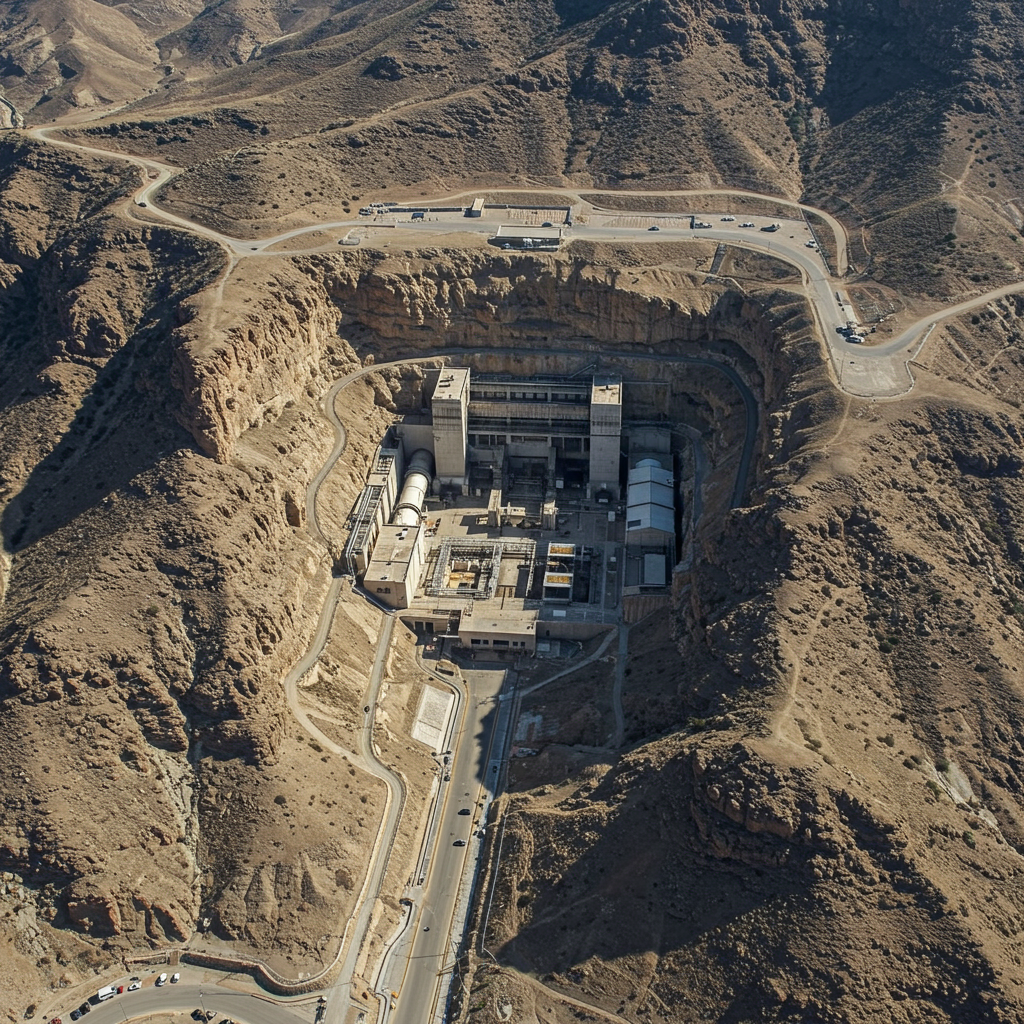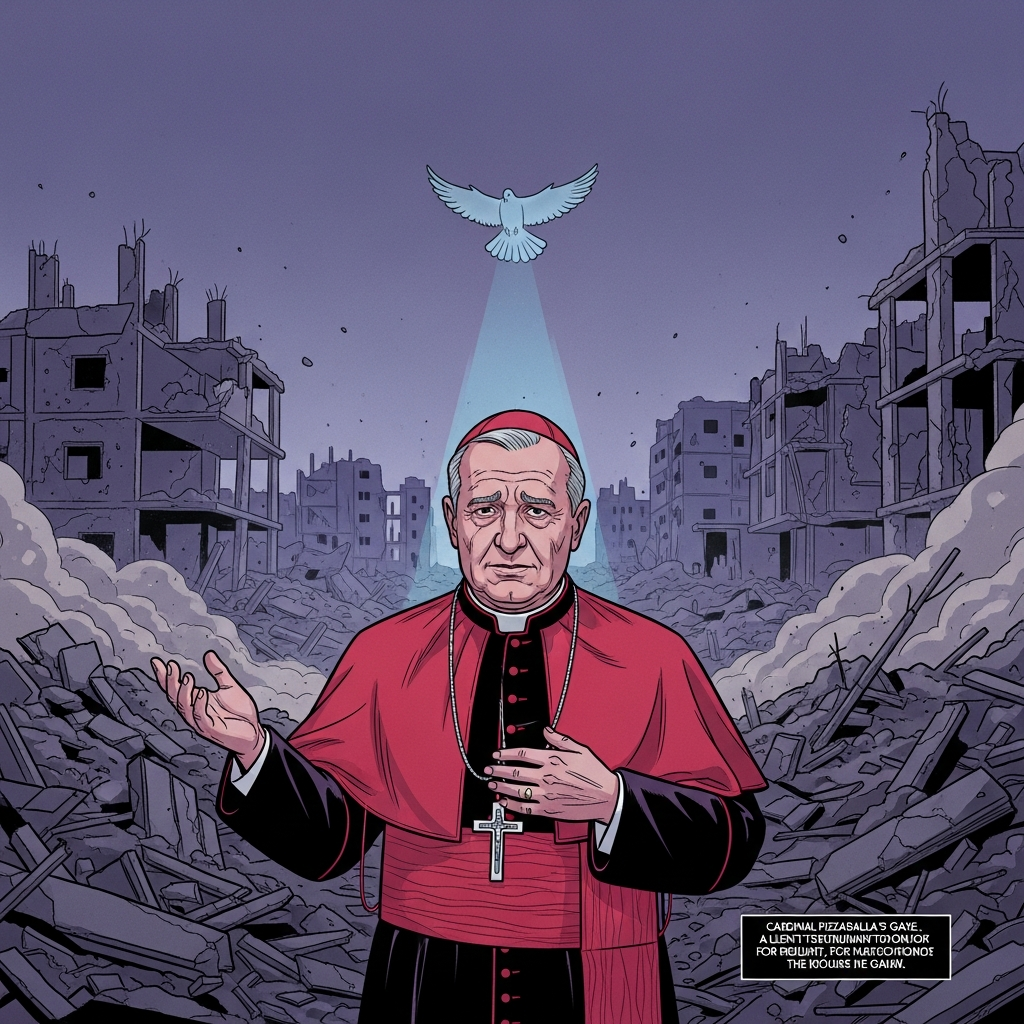Pakistan has formally announced its intention to nominate former U.S. President Donald Trump for the Nobel Peace Prize. The proposed nomination, reportedly for the 2026 award, stems from Pakistan’s assertion that Trump played a pivotal role in helping to de-escalate a recent crisis and secure a ceasefire between India and Pakistan in May.
The Pakistani government stated via social media that Trump deserves the prestigious honor in recognition of his “decisive diplomatic intervention and pivotal leadership” during a moment of “heightened regional turbulence.” Pakistan’s view is that Trump demonstrated “great strategic foresight and stellar statesmanship” through “robust diplomatic engagement” with both Islamabad and New Delhi, which effectively “de-escalated a rapidly deteriorating situation” and prevented potential “catastrophic consequences.” They hailed his actions as a “testament to his role as a genuine peacemaker” committed to resolving conflict through dialogue. Pakistan also acknowledged and expressed admiration for Trump’s offers to assist in resolving the “longstanding dispute of Jammu and Kashmir.”
A Tale of Two Accounts: Mediation Denied
While Pakistan and Donald Trump credit U.S. intervention with ending the fighting, India strongly disputes this narrative. The Indian government maintains that the cessation of military action resulted from direct talks between the two nations’ militaries through established channels, initiated at Pakistan’s insistence. India has consistently stated that it does not accept or desire third-party mediation in its disputes with Pakistan, a position reiterated by Foreign Secretary Vikram Misri and reflecting Prime Minister Narendra Modi’s stance. When the ceasefire was first announced in May, Trump stated it followed a “long night of talks mediated by the United States,” prompting Pakistan’s Prime Minister Shehbaz Sharif to publicly thank Trump for his “leadership and proactive role.”
Trump’s Claim to Peace-Making
Donald Trump has frequently suggested he is deserving of the Nobel Peace Prize, often expressing frustration that he has not received it despite claiming credit for numerous international diplomatic successes. Reacting to the news of Pakistan’s nomination, Trump stated he should have received the prize “four or five times” already. He listed the India-Pakistan situation as one key achievement, alongside securing the Abraham Accords normalizing relations between Israel and several Muslim-majority countries, mediating between Serbia and Kosovo, helping maintain peace between Egypt and Ethiopia, and his recent announcement of a new peace treaty between the Democratic Republic of the Congo and Rwanda, which he described as ending a decades-long conflict.
Trump contends that he has been overlooked for the Nobel because of political bias, asserting that the committee “only give[s] it to liberals.” He expressed confidence that despite not receiving formal recognition from the committee, “the people know, and that’s all that matters to me!”
Mixed Reactions and Nobel Procedures
The plan to nominate Trump has drawn varied reactions within Pakistan. Mushahid Hussain, a former chair of the Senate Defence Committee, voiced support, calling Trump “good for Pakistan” and suggesting that pandering to his ego is acceptable given how other international leaders interact with him. However, the move also faced criticism. Maleeha Lodhi, Pakistan’s former ambassador to the U.S., deemed it “unfortunate,” arguing it compromises national dignity given Trump’s vocal support for Israel’s actions in Gaza and his positive reaction to an Israeli attack on Iran. Prominent talk show host Talat Hussain also opposed the idea, referring to Trump as “Israel’s sugar daddy in Gaza.” The timing of the nomination followed a notable meeting between Pakistan’s army chief, Field Marshal Asim Munir, and Trump.
Nobel Peace Prize nominations must come from qualified nominators, such as national governments or heads of state, and are typically due by January, explaining the 2026 target year for Pakistan’s formal submission. The nomination process and list of candidates remain confidential until years later.
Trump previously criticized the awarding of the 2009 Nobel Peace Prize to Barack Obama just months into his presidency. While he entered office with ambitions to broker peace in major conflicts like Russia-Ukraine and Israel-Gaza, significant breakthroughs have not materialized during or since his term. Trump has received multiple past nominations from supporters, particularly after the Abraham Accords. The Nobel Committee does not publicly comment on individual candidates.


